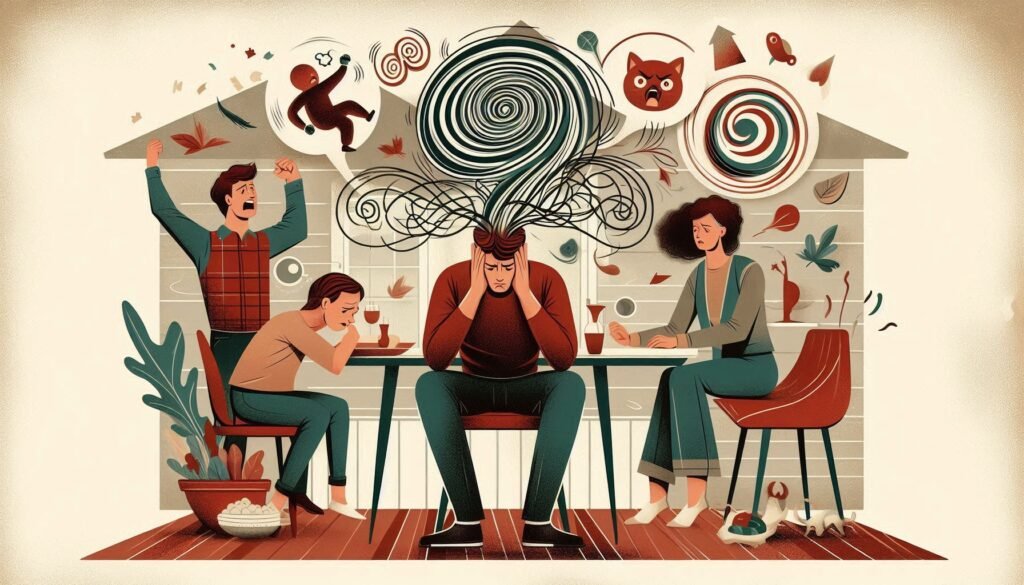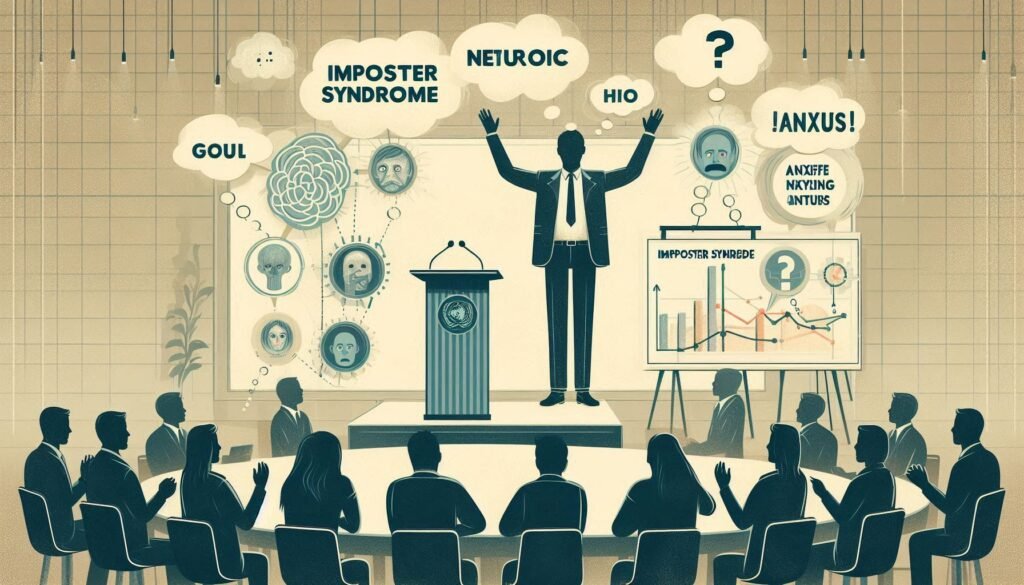Neuroticism and Dysthymia: Unraveling Chronic Low-Grade Depression
Chronic low-grade depression, often referred to as dysthymia, can cast a long shadow over daily life. While many of us are familiar with the weight of sadness that comes and goes, dysthymia lingers like an uninvited guest. It quietly disrupts our routines and saps enthusiasm for activities we once loved. Adding another layer to this […]
Neuroticism and Dysthymia: Unraveling Chronic Low-Grade Depression Read More »










